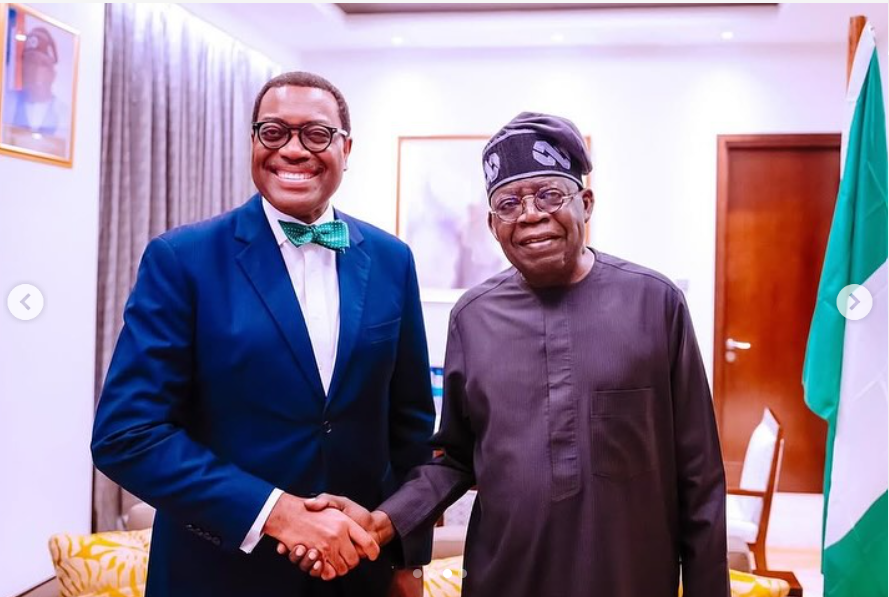Clarifying the Discourse: A Deep Dive into the Adesina-Presidency Exchange on Nigeria’s Economic Progress
A recent exchange between the President of the African Development Bank (AfDB), Akinwumi Adesina, and the Nigerian presidency, specifically through the Special Adviser to the President on Information and Strategy, Bayo Onanuga, has sparked a debate concerning Nigeria’s economic trajectory since independence. The crux of the matter revolves around Adesina’s assertion that Nigeria’s GDP per capita has drastically declined from $1,847 at independence in 1960 to approximately $824 today, implying a deterioration in the average Nigerian’s economic well-being. This claim was met with a strong rebuttal from the presidency, which challenged the accuracy of Adesina’s figures and the overall methodology employed in his assessment.
Onanuga, in a televised interview, explicitly dismissed any notion of Adesina posing a political threat to President Tinubu or the ruling All Progressives Congress (APC). He emphasized that Adesina’s argument represented a "non sequitur," a logical fallacy where the conclusion doesn’t follow from the premise. Onanuga argued that comparing GDP per capita figures across such a vast timeframe without considering other crucial factors like life expectancy, education, and infrastructure development presents an incomplete and potentially misleading picture of national progress.
The presidency’s counterargument rests on the assertion that Adesina’s cited 1960 GDP per capita figure is significantly inflated. Citing World Bank data, Onanuga claimed that the actual figure for 1960 was closer to $93, not the $1,847 presented by Adesina. This discrepancy, according to the presidency, renders any direct comparison with current figures misleading and undermines the basis of Adesina’s argument. Furthermore, the presidency contends that focusing solely on GDP per capita ignores critical advancements in various quality-of-life indicators that would reflect a more positive picture of progress since independence.
A key point of contention lies in the interpretation of economic data and the appropriate metrics for measuring national progress. While Adesina focused on GDP per capita as a primary indicator of individual economic well-being, the presidency argued for a more holistic approach, encompassing factors beyond purely economic metrics. Onanuga highlighted improvements in infrastructure, healthcare, and education as evidence of progress not captured by GDP per capita alone. He argued that the expansion of rail networks, road systems, and social programs represent significant advancements absent in 1960, thereby enriching the lives of Nigerians in ways not reflected in a single economic indicator.
The presidency’s response also suggests a nuanced perspective on the limitations of using GDP per capita as a sole measure of national progress, particularly across extended periods. They argue that such comparisons should account for changes in purchasing power and quality-of-life indicators, acknowledging that nominal figures may not accurately reflect the lived realities of citizens. By incorporating these additional factors, the presidency aims to present a more comprehensive and accurate assessment of Nigeria’s progress since independence.
The exchange between Adesina and the presidency underscores the complexities of evaluating long-term national development. While GDP per capita provides a valuable snapshot of economic output per person, it fails to capture the multifaceted nature of progress, which encompasses improvements in health, education, infrastructure, and overall quality of life. The debate highlights the importance of adopting a holistic approach that considers a wider range of indicators to provide a more nuanced and accurate understanding of a nation’s trajectory. The disagreement also underscores the need for accurate and reliable data when making such comparisons, as discrepancies in foundational figures can lead to vastly different interpretations and conclusions.














